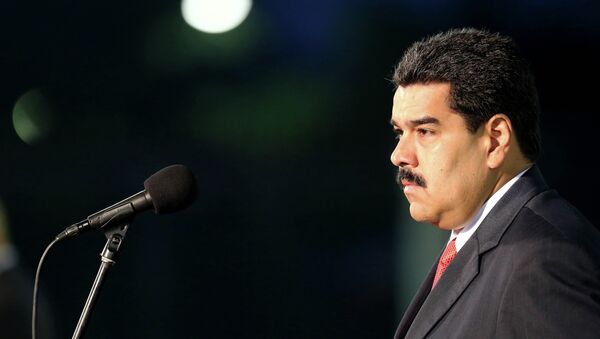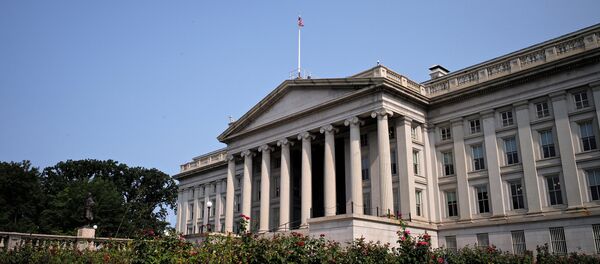Maduro is not the first leader, who has been sanctioned by foreign powers for certain activities.
On January 17, Washington sanctioned President Milorad Dodik of Republika Srpska, which is one of two entities comprising Bosnia and Herzegovina, for blocking the Dayton Peace Accords reached in 1995.
On July 16, 2016, the United States imposed sanctions on North Korean leader Kim Jong Un along with 22 other country's officials and organizations citing their alleged responsibility for violation of human rights.
On May 13, 2014, then-US President Barack Obama put a group of five politicians from the Central African Republic on the sanctions list due to their involvement in violence and human rights abuses. The restrictions targeted former country's president Francois Bozize, who was toppled in 2013. Nourredine Adam, who was the country's ex-minister of public security, and Levy Yakete, the leader of Christian rebels fighting against Islamists in the African state, were also sanctioned.
On May 18, 2011, the United States imposed sanctions against Syrian President Bashar Assad due to violations of human rights in the Middle Eastern nation. In April, Washington also imposed unilateral sanctions on several Syrian officials and state institutions, however they had not targeted Assad.
On April 7, 2011, the European Union imposed additional sanctions against the leadership of Cote d'Ivoire due to the deterioration of the situation in the African nation. Brussels decided to prohibit the purchase of bonds and securities to the illegitimate government of former President Laurent Gbagbo, who refused to transfer power to his presidential rival Alassane Ouattara.
On March 24, 2006, the EU leaders approved the sanctions against Belarusian authorities, including the country's President Alexander Lukashenko. The EU foreign ministers have also worked out a "black list" of Belarusian officials complicating issuing of Schengen visas for them.
In 2001, the United States introduced anti-Zimbabwean sanctions. The European Union has also targeted the African nation with both personal and economic sanctions in the 2000s, prolonging them for several times. However, the Council of the European Union started lifting the restrictions and by 2014, only the country's President Robert Mugabe, his wife and the Zimbabwe Defense Industries arms supplier were on the sanctions list.



